For those who work in and follow New York City real estate, architecture and design, last weekend's “City of Tomorrow” event at Manhattan's 92Y must have felt like one-stop shopping for information. Consisting of a variety of discussions, the two-day summit, which kicked off last Friday, was an opportunity for folks to learn about the newest trends and latest happenings surrounding the ever-growing and changing Big Apple real estate market. Aside from programs focusing on New York-centric and design topics as well as workshop programs with industry professionals, the Saturday portion of the event -- a collaboration between real estate PR firm Hundred Stories and 92Y --was devoted to real estate under the banner of “Real Estate Essentials: From Suburbia to the Second Avenue Subway.” Here were some the highlights from that day.
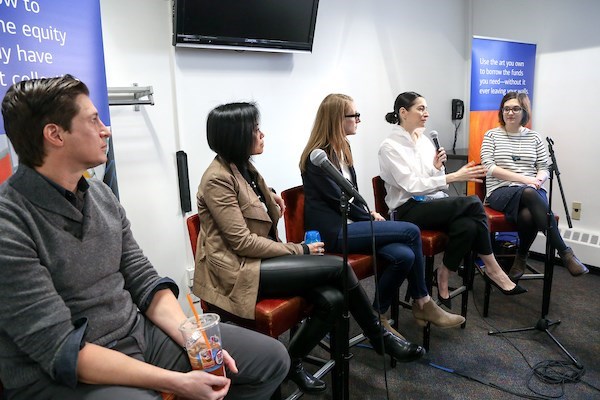
The day kicked off with “Buildings for 'Me,'” which was moderated by Curbed editor Amy Plitt and featured experts from Ollie; We Work, We Live; Cottonwood Management; and Imperial Companies. The discussion focused on the trend towards more communal living in apartment rental and condo properties in an effort to get people to meet, network and work together. Such attempts include communal kitchens, workout and cooking classes, and libraries. Each of the panelists gave examples of what they're doing in their respective businesses to engage their residents. One of the panelists said that they're really trying to activate the communal space and make it like an extension of the living room, while other speakers addressed the convenience factor to make the resident feel like they're being taken cared of, and to give residents organic living without hitting them over the head with it. Other subjects brought up during the talk included the costs associated with this lifestyle trend, and the use of technology to make residents aware of what's happening within their community (i.e, via apps, 1-800 numbers, emails). One member of the panel went so far as to say that this is the future of real estate.
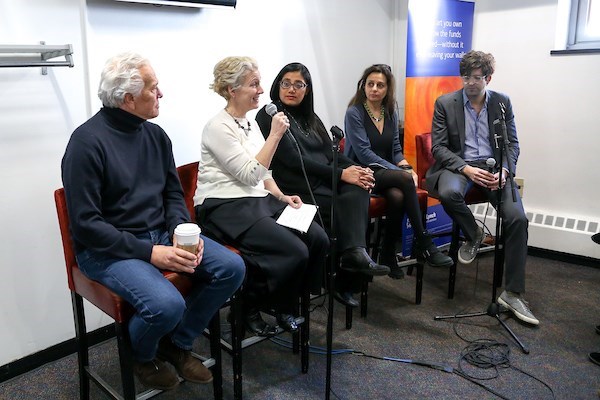
Next up was the “Inclusive, Enhanced City” panel, which featured professionals from the Institute of Public Architecture, Reddymade Architecture and Design, Chashama, and SWA Balsley, Led by freelance journalist Ian Volner (The Wall Street Journal, Architectural Digest), the discussion concentrated on social responsibility in local development with the goal of enhancing life in the city. The panelists spoke about their programs; for instance Bonnie Goldblum of Chashama spoke about how her organization works with property managers to use their real estate as temporary spaces for artists, The panel delved into subjects ranging from the responsibility of the city to invest in communities, the private sector's involvement in developing public spaces, and affordable housing.
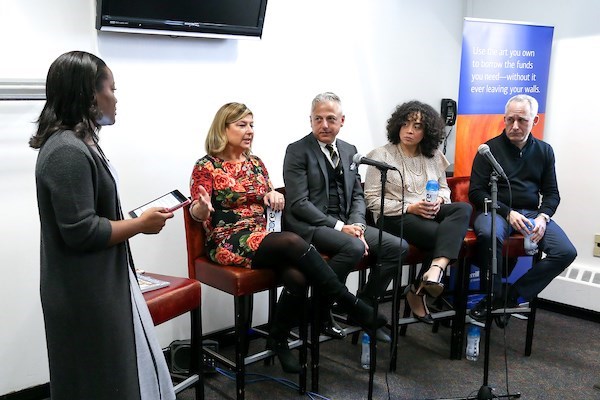
Those interested in renovation of their properties for either long-term living or future resale were in attendance for the “Home Improvement Updates That Impact Your Home's Value” talk, moderated by Carisha Swanson of Hearst Design Group; its panel consisted of expeirts from Douglas Elliman, Scavolini USA, Subzero Wolf and Silverlining Interiors. Some of the topics discussed included the process involved when embarking on a renovation projects at a condo or co-op building (from seeking board approval, to hiring a contractor, and to when and how long the project should last); and the value of a renovated property versus the value of a non-renovated property (i.e. is it a pre-war building?), The panelists also spoke of the latest trends with respects to home improvement, one of which is the open kitchen, appliances and smart homes. The panel fielded audience questions ranging from sustainability/energy efficiency to the type of wooden floor to use in a renovation (one of the experts suggested oak). Douglas Elliman broker Jacky Teplitzky recommended to the audience to “don't over-renovate, and don't under-renovate.”
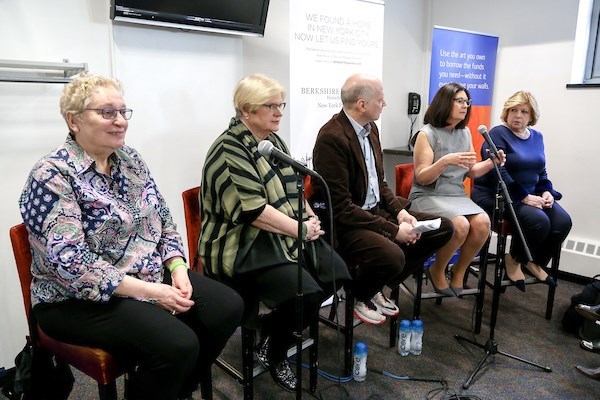
The “Real Estate Essentials” program concluded with the panel "All Aboard the Second Avenue Subway," featuring representatives from Douglas Elliman, the Metropolitan Transit Authority, and Berkshire Hathaway HomeServices, and and moderated by Governing magazine transit expert Alex Marshall. The panelists enthused over the new Second Avenue subway line, which opened last January, and the impact it had on New Yorkers aesthetically (such as the public arts installations inside the stations that the line serves) as well as on the residential and retailing sectors. Faith Hope Consolo of Douglas Ellliman commented about how retailers and and owners are thrilled, following the obstruction caused by the line's construction, which was a major disruption on the Upper East Side neighborhood ("I'm happy to see 2nd Avenue is no longer the forgotten avenue," she said). Adding to the real estate angle, Ellie Johnson of Berkshire Hathaway HomeServices cited a finding in which values of properties situated near public transportation are much higher, and also cited the rapid population growth of the Upper East Side’s Yorkville neighborhood in the last several years. In fact, some experts have already forecasted that Yorkville is going to be the trendiest neighborhood in the city.
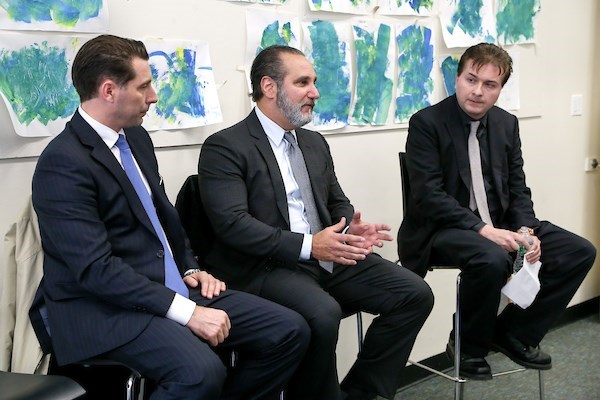
Outside of “Real Estate Essentials” program, another highlight from “City of Tomorrow” summit was a talk called “Calling All Snowbirds: Best New Developments,” which focused on the South Florida real estate market. Experts, including those representing the One Thousand Museum condo tower project in Miami, spoke about the current state of the market in South Florida, which had been reportedly experienced a sales slowdown. Other things tackled included amenity trends (such as a fitness center, private dining rooms, and sustainability) as well as new development competing with the units that are available for resale. One of the interesting things from that discussion is the impact of recent politics on the South Florida market. One of the speakers said that Russian interest in South Florida grew around the time of the U.S. presidential election; that President Trump's promise of building a wall to curb illegal Mexican immigration did stop Mexicans from buying in South Florida; that buyers from Brazil and Argentina–two countries that have had economic problems in the past--were coming back; and that in the months prior to the presidential election, buyers were cautious to do anything due to uncertainty, but then came an increase in deals after Trump emerged as the victor.
The two-day "City of Tomorrow" summit was sponsored by Douglas Elliman Real Estate, Merrill Lynch, Bank of America, Berkshire Hathaway Home Services New York Properties, ONE, Sotheby's and The Real Deal.



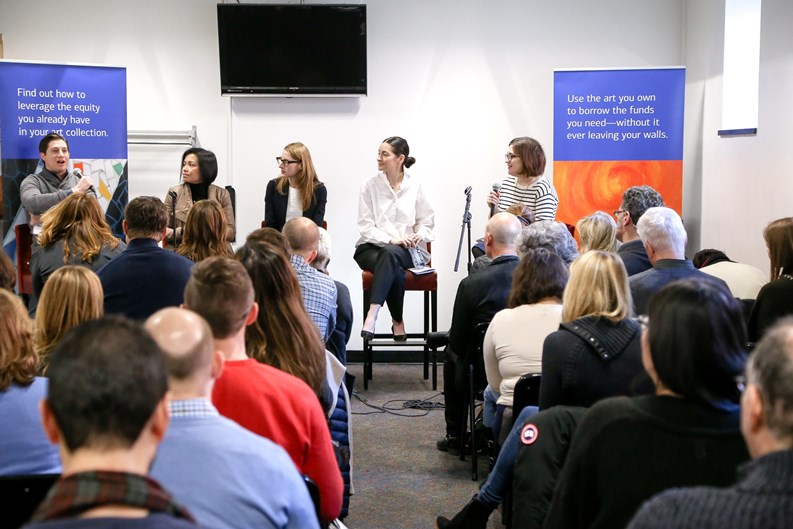
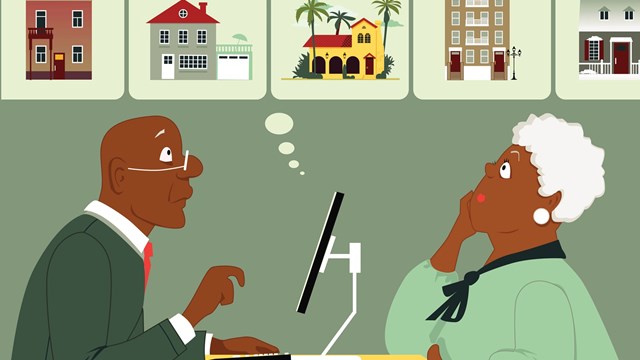

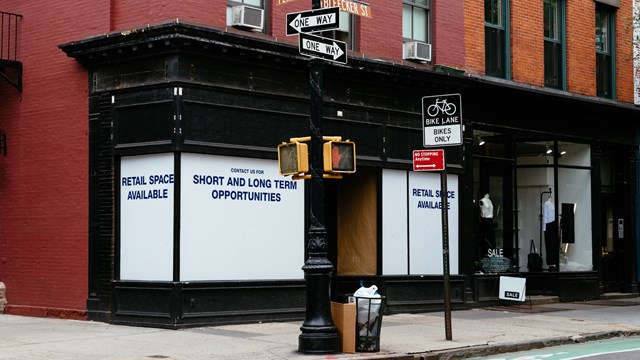
Leave a Comment